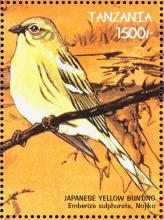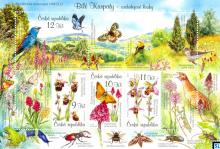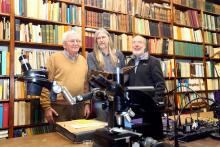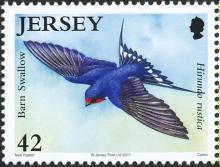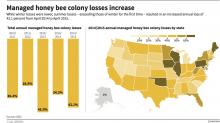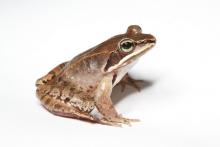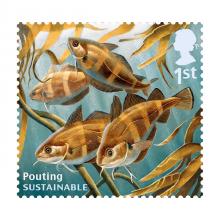Insect decline has resulted in massive decline of the buntings
Buntings are a group of Eurasian and African passerine birds of the family Emberizidae. Insect food sources must be available to them for reproduction. Their populations are in peril since the introduction of neonicotinoid insecticides in agriculture, which wipe out insects, drastically illustrated by the recent range-wide population collapse in the Yellow-breasted Bunting (Emberiza aureola).

